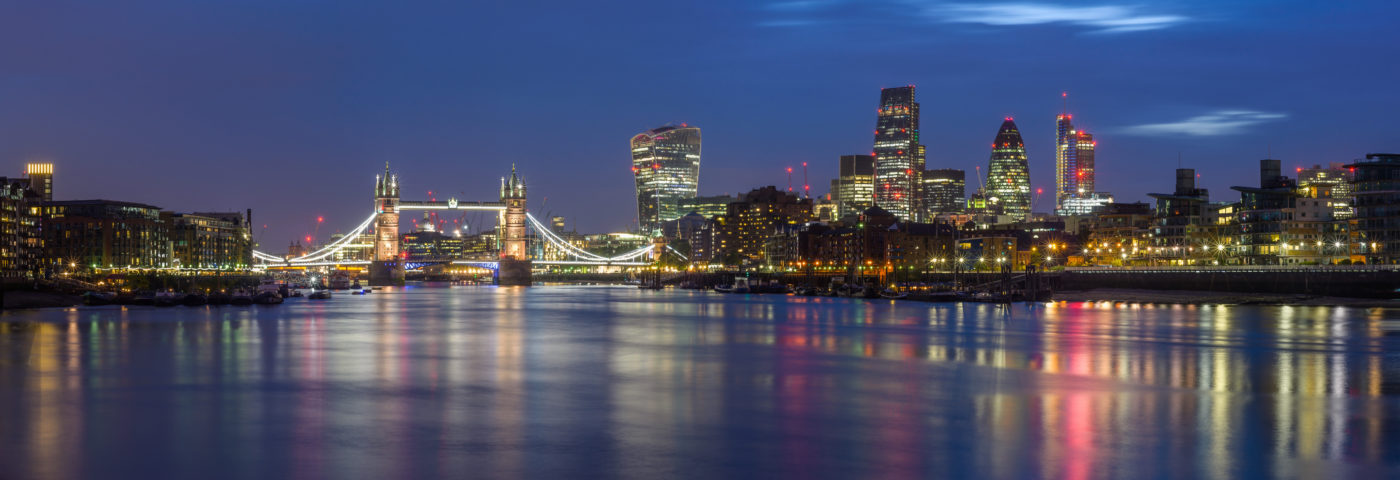Millennials interested in nature breaks will drive the first stage of wellness tourism’s recovery, according to data released at London Travel Week Virtual.
Research from Wellness Tourism Association, carried out from March to July this year, showed that one in three (36%) Millennials are planning a wellness vacation, compared with around one-in-five Gen Z-ers and Boomers.
The study identified themes other than “nature” which outline the motivations of the 4,000 travellers in the sample during the current climate.
There is a desire to get away, a positive sign for the industry in general. Travellers want to be pro-active about their own health and to use a trip to re-evaluate and reassess their priorities in life. YOLO – “you only live once” – has become this year’s FOMO – “fear of missing out” – potentially helping to convert pent-up into actual bookings.
Travellers also see a trip as helping their mental health, while also giving them the chance to create “social connections” – being with other people after months of lockdown, working from home and a limited social life.
Panellists at the session said the marketing and messaging of wellness breaks needed to reflect these motivations, while also suggesting that many travel suppliers can find a “wellness” angle in their own product and promote accordingly.
Laura Davidson, president and owner of LDP, suggested that a new market for “wellness staycations” could be created by a localised approach to marketing, which taps into these themes.
Carol Stratford, partner, Hutchinson Consulting drew on a few themes together by telling attendees that Millennials respond positively to strong imagery, and in the current climate pictures used should reflect how the hotel is operating and highlight outside spaces on site and in the vicinity, socially distanced groups, short videos to highlight new health and safety protocols.
WTM senior director Simon Press said:
“Our invited experts shared a wealth of useful insights with attendees and many of their suggestions were also relevant to a wider travel audience.
“The data suggests wellness brands are front of the queue when demand returns, but they need to be aware that their competitive set will be different. Many destinations, hotels and resorts will start to talk up their own wellness credentials, bringing wellness into the travel mainstream.”


